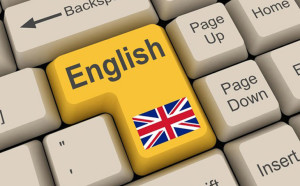Articles, how-to’s, opinion and tips and tricks in the self-publishing arena
Writing Behind Bars Part II by Jamila T. Davis
Jamila T Davis is serving more than a decade as an inmate in federal prison. Here, she describes how she started a self-help publishing imprint from behind bars to inspire and changes womens’ lives through writing, in the second of her two-part series on self-publishing from prison.
During my first few months in federal prison, I met a woman named LaTanya Jones; she is a former prisoner and the author of a book entitled “Cannon Love.” At the time, I was extremely depressed and had no clue how I would cope with serving a decade plus sentence behind bars.[…]


 What should authors expect from a sample edit, and how do you obtain one?
What should authors expect from a sample edit, and how do you obtain one? As non-native English speaking authors are enticed to the self-publishing industry, what are the challenges for writing a book in English, and how can authors enter the market successfully?
As non-native English speaking authors are enticed to the self-publishing industry, what are the challenges for writing a book in English, and how can authors enter the market successfully?